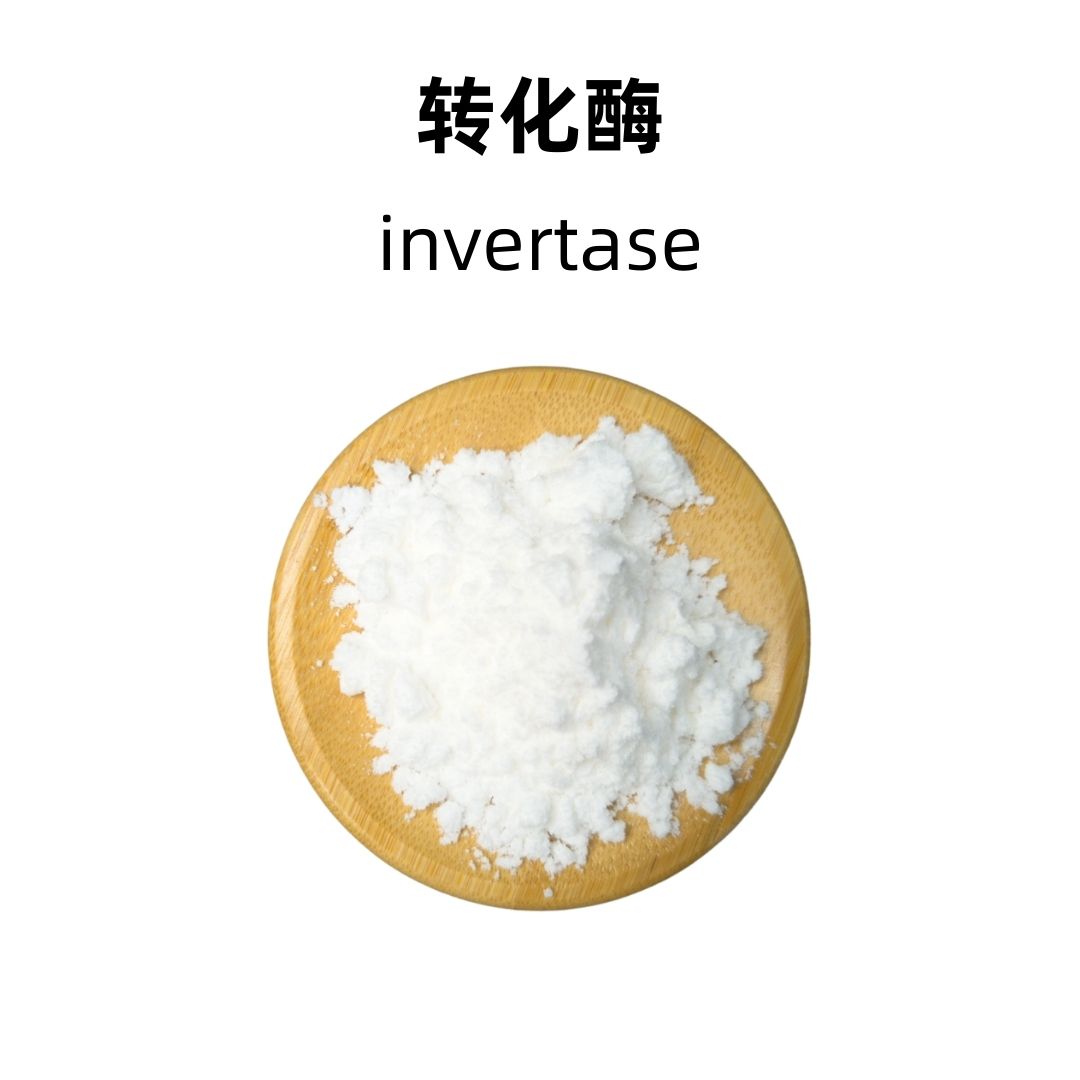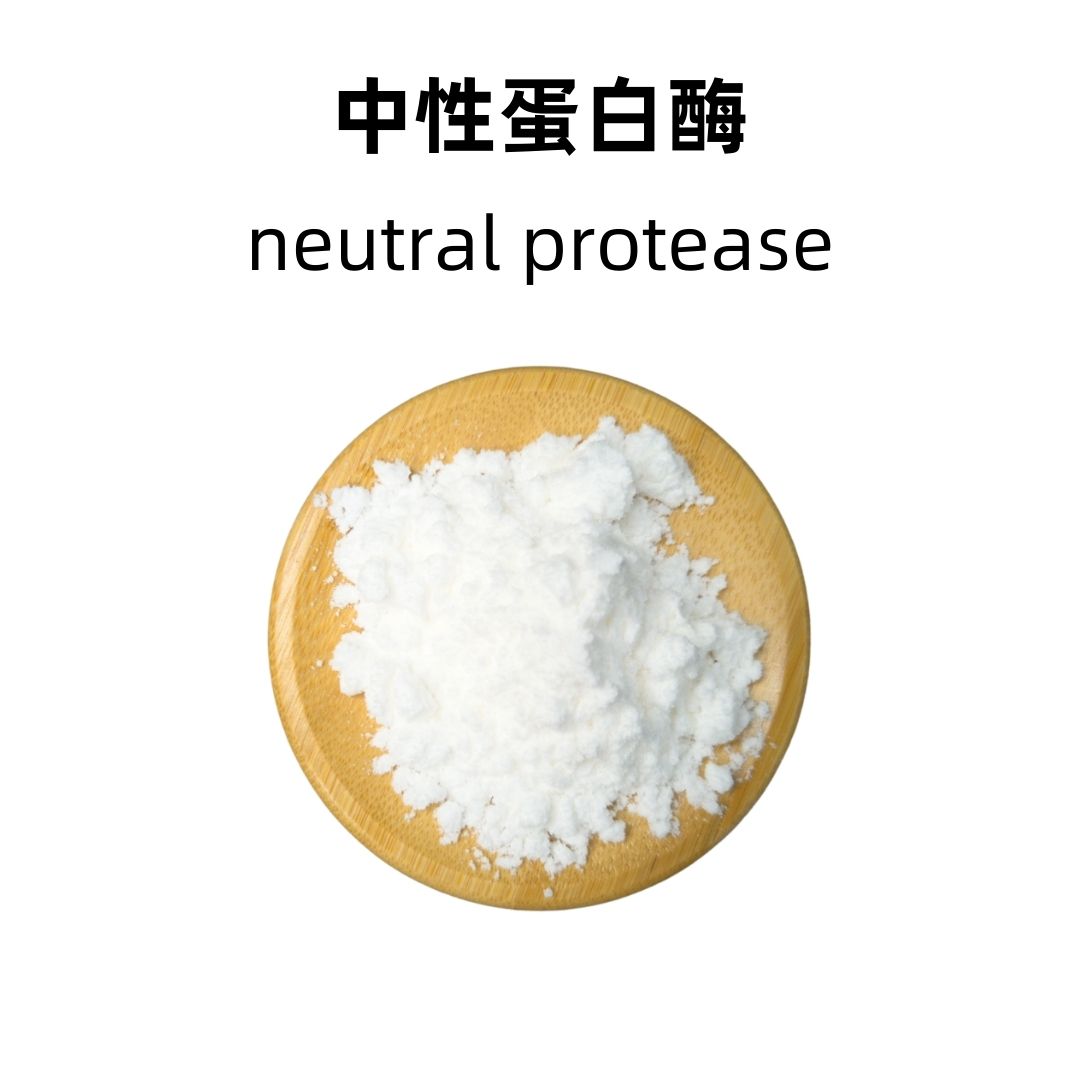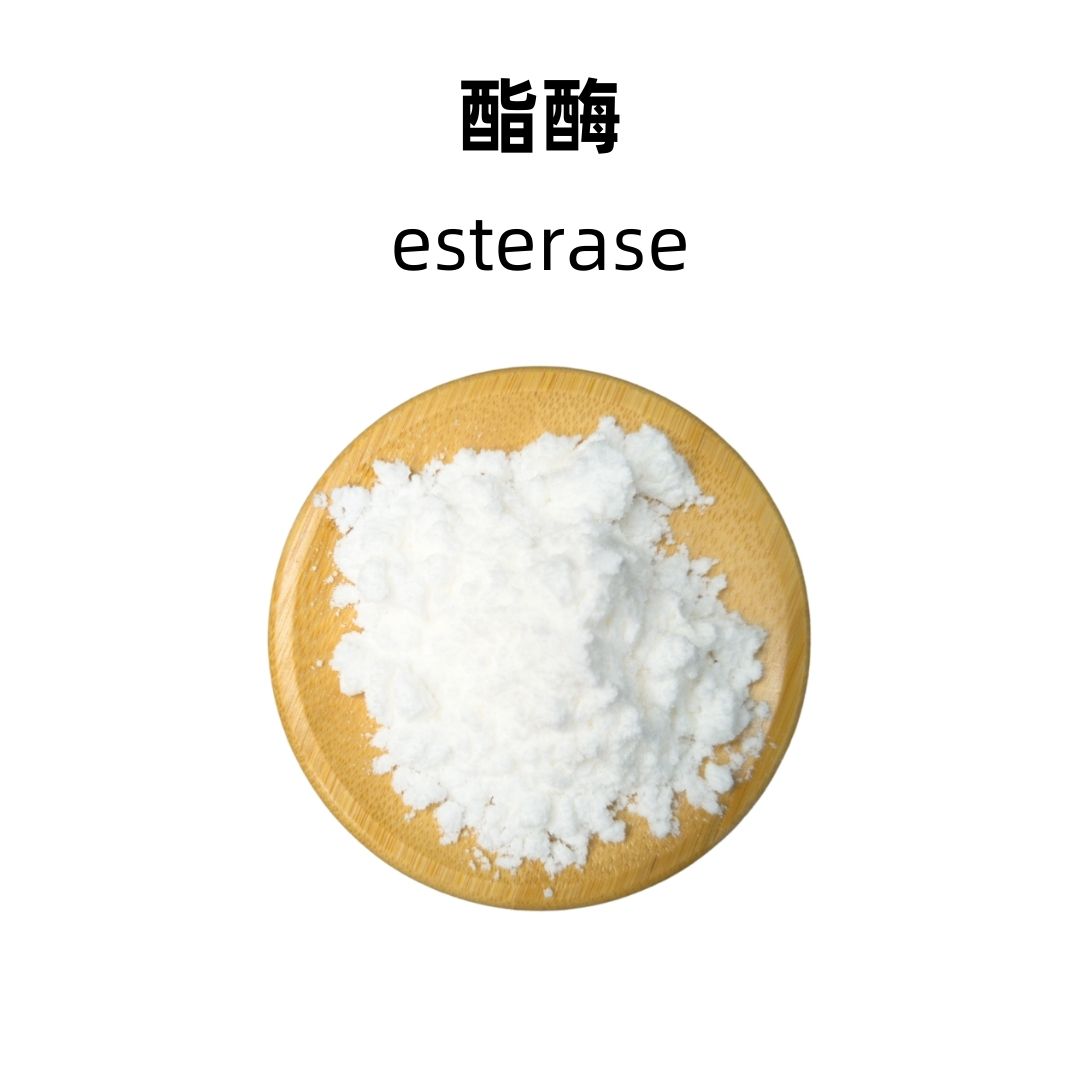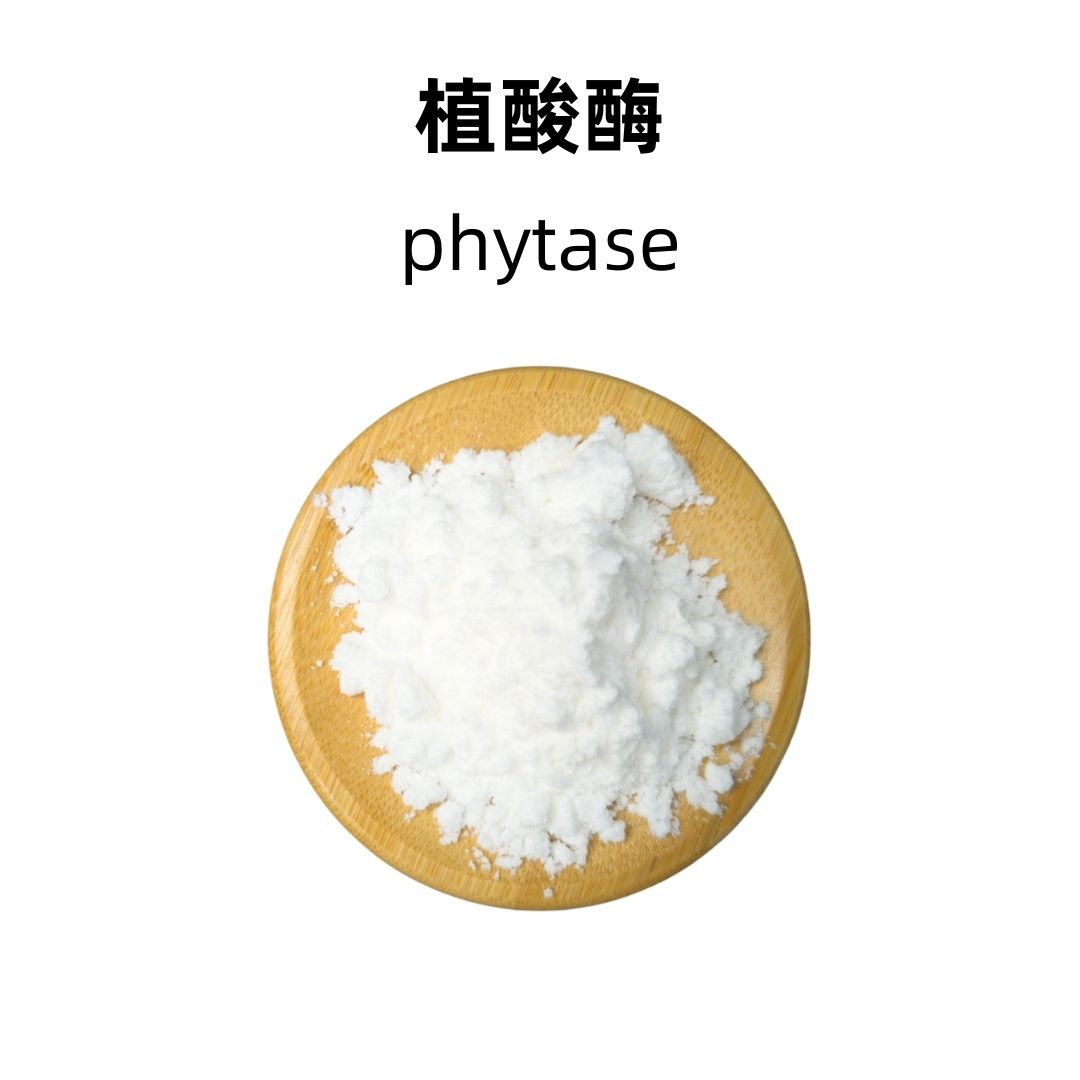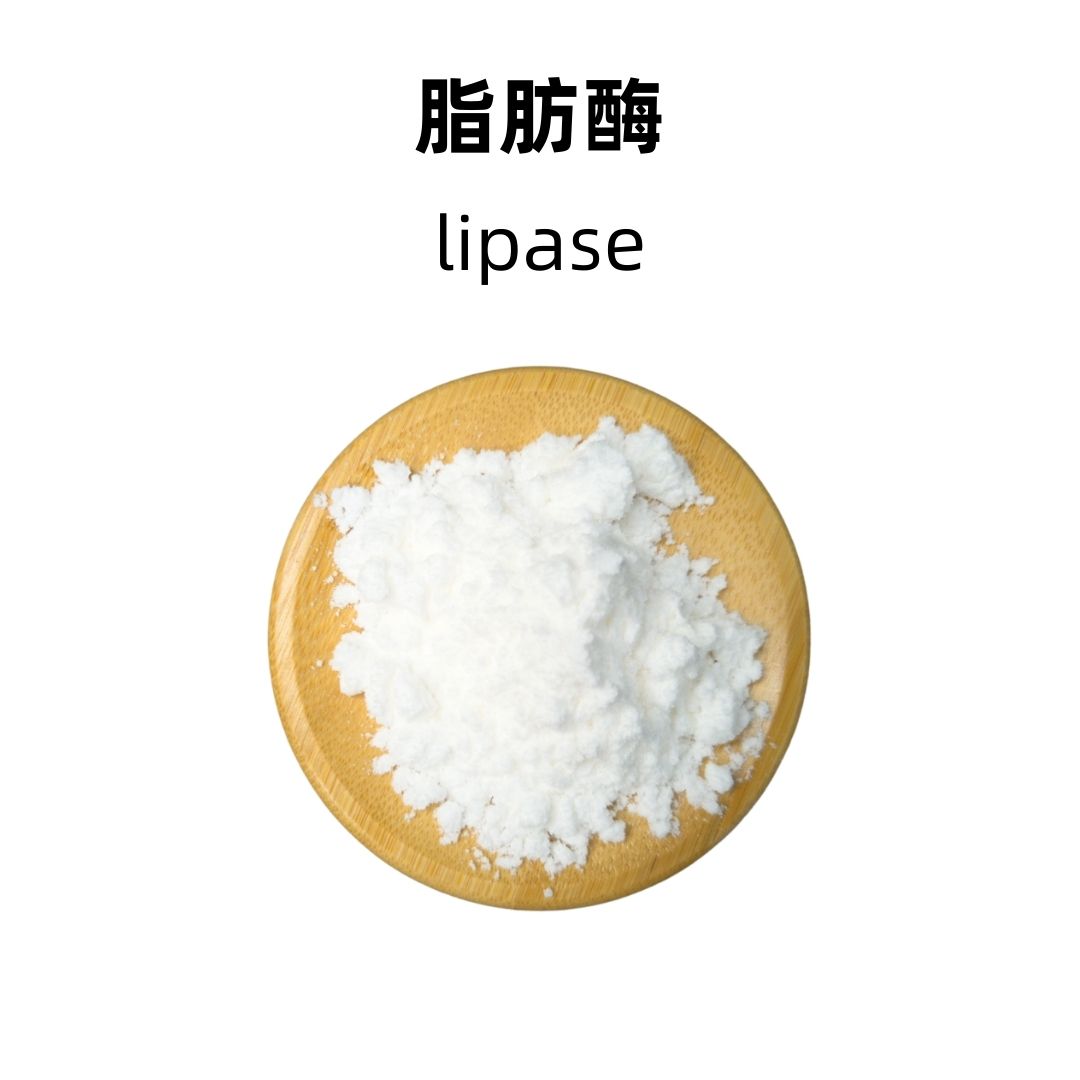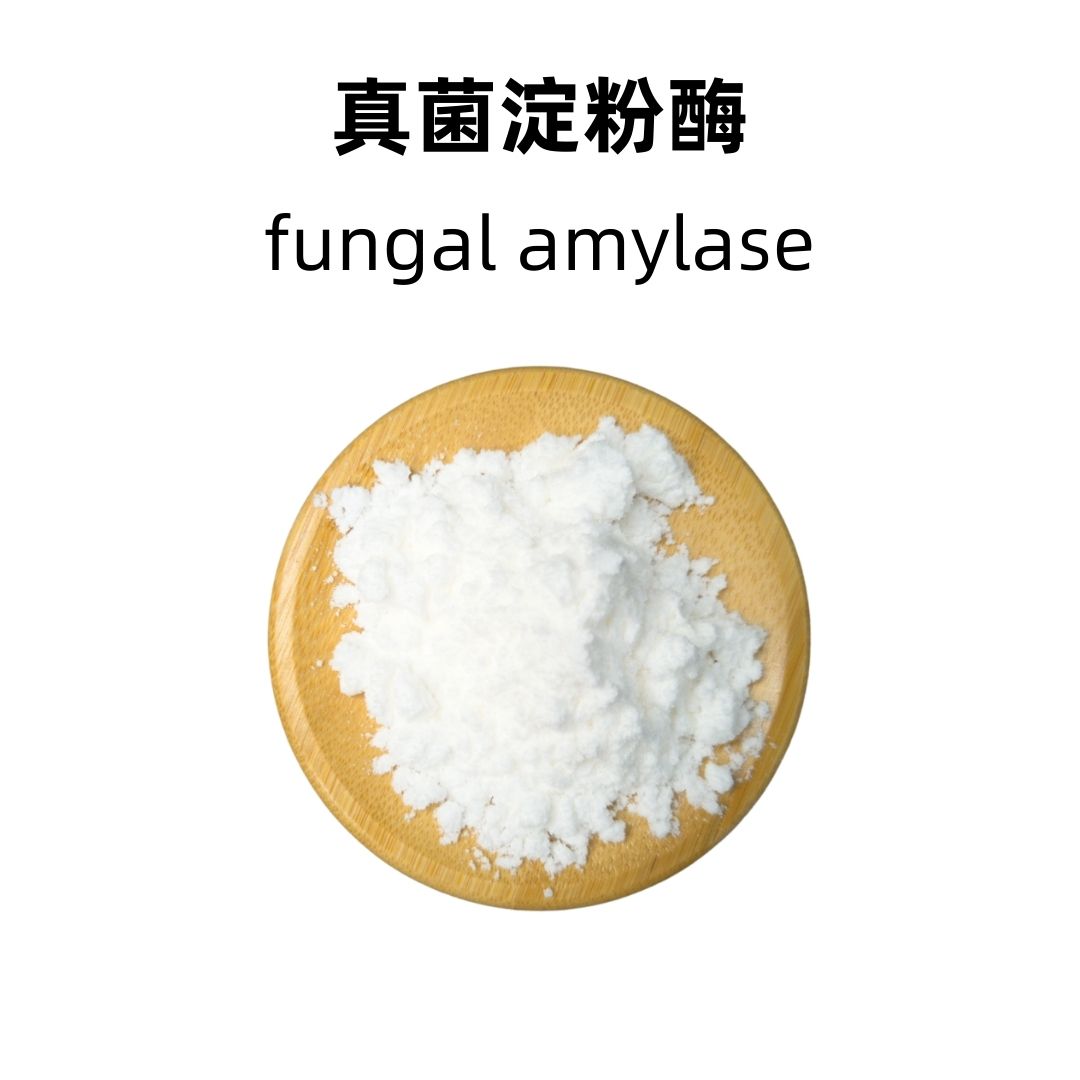Product Introduction
Pepsin is an enzyme that belongs to the aspartic protease family and is important for digestive processes. It is primarily produced in the stomach lining as an inactive precursor, pepsinogen, and becomes activated in the acidic environment of the stomach. This enzyme breaks down proteins into smaller peptides which are essential for better nutrient absorption.
Production Process
Pepsin is typically produced from porcine gastric mucosa through a series of purification steps. Initially, the gastric mucosa is harvested, followed by the extraction of pepsinogen. The pepsinogen is then activated and purified using processes like filtration and chromatography to ensure high purity and potency.
Effects and Functions
The primary function of pepsin is to digest dietary proteins, facilitating the breakdown into amino acids and smaller peptides. This process is crucial for proper digestion, enhancing the absorption of nutrients and promoting overall gastrointestinal health. Pepsin can also help in protein synthesis and metabolism, contributing to muscle maintenance and growth.
Application Scenarios
Pepsin is widely used in various industries. In the food industry, it is added to meat tenderizers and cheese production. In pharmaceuticals, pepsin is an ingredient in digestive enzyme supplements aimed at aiding individuals with digestive disorders. It is also utilized in brewing and the production of protein hydrolysates.
Packaging and Storage
Storage Conditions: The product should be sealed, protected from light, kept away from high temperatures, and stored in a dry, cool, and well-ventilated place.
Packaging: Bulk packaging is available in 25 kg fiber drums. For samples, 1 kg is packaged in aluminum foil bags. Custom packaging options can be arranged based on customer needs.
Shipping Methods: The product can be shipped via FedEx, DHL, dedicated logistics services, and sea freight consolidation.
Shelf Life: Pepsin has a shelf life of two years under proper storage conditions.
Monica Sun possesses extensive technical expertise and market insights in the food additives industry. She excels in designing efficient and safe additive formulations tailored to various food applications, ranging from sweeteners to functional dietary fibers. Monica has successfully assisted food manufacturers in optimizing ingredient combinations to enhance product quality and improve consumer satisfaction.









